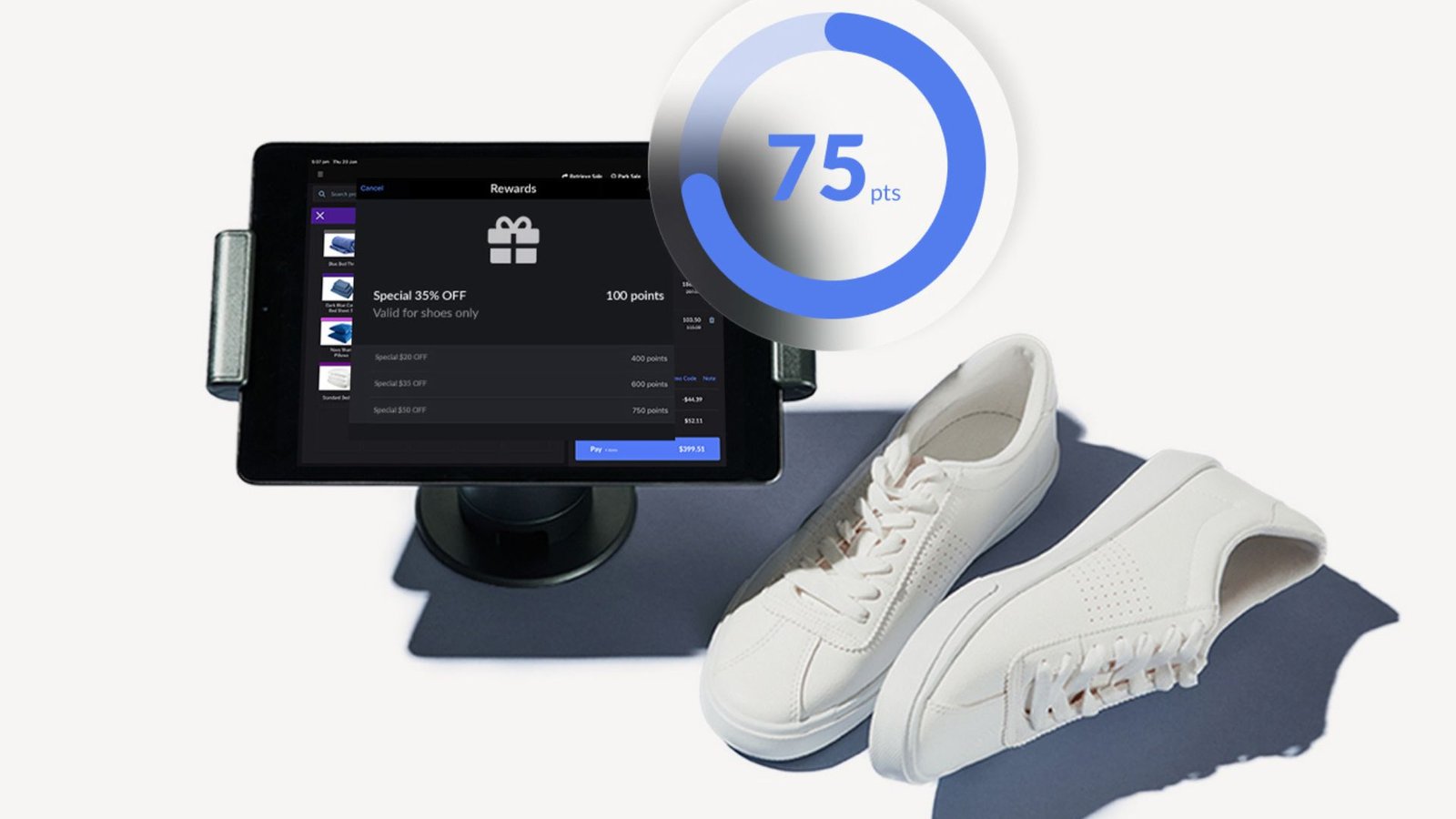The rise of eCommerce has created opportunities for businesses of all sizes. However, competing with big online retailers can seem daunting for small businesses. While larger players may have resources and reach, small businesses can carve out their niche by leveraging personalized strategies, superior service, and innovation. Here’s how.
1. Focus on Niche Markets
Why Niches Matter
Unlike big retailers that cater to the masses, small businesses can specialize in niche markets. This approach allows for:
- Tailored Offerings: Create unique products or services that appeal to specific audiences.
- Dedicated Customer Base: Build loyalty among consumers who value specialized solutions.
- Reduced Competition: Operate in areas less dominated by big players.
2. Prioritize Personalized Customer Service
Stand Out with Exceptional Service
Big retailers often struggle with personalization due to scale. Small businesses can shine here by:
- Knowing Your Customers: Use personal interactions to build trust.
- Quick Responses: Address queries and concerns promptly.
- Customized Offers: Tailor promotions to individual preferences.
Satisfied customers are more likely to recommend your business to others.
3. Leverage Social Media and Content Marketing
Build an Engaging Online Presence
Social media and content marketing level the playing field for small businesses:
- Authenticity Over Ads: Share stories, behind-the-scenes content, and customer testimonials to build trust.
- Community Engagement: Interact with your audience to foster a loyal following.
- Content That Educates: Offer blogs, videos, or guides that solve problems for your target audience.
Effective online engagement can create strong connections without a massive budget.
4. Invest in SEO and Local Marketing
Be Visible Where It Counts
While large retailers dominate global searches, small businesses can excel locally:
- Local SEO: Optimize for “near me” searches to attract local customers.
- Google My Business: Ensure your business profile is accurate and appealing.
- Community Involvement: Sponsor events or collaborate with local influencers to boost visibility.
Ranking well locally can give you an edge over competitors in your area.
5. Offer Unique Products and Experiences
Create Value Beyond the Product
To compete with big retailers, small businesses must deliver unique value:
- Handmade or Customizable Items: Provide options unavailable through large-scale production.
- Exclusive Offers: Introduce limited-edition products or bundles.
- Memorable Experiences: Create packaging, unboxing, or shopping experiences that leave an impression.

6. Utilize Technology for Efficiency
Work Smarter, Not Harder
Even on a smaller budget, technology can help small businesses operate efficiently:
- eCommerce Platforms: Use affordable solutions like Shopify or WooCommerce.
- Automation Tools: Streamline repetitive tasks like email marketing or inventory management.
- Data Analytics: Track customer preferences and purchasing habits to refine your strategies.
7. Collaborate with Other Small Businesses
Strength in Numbers
Partnering with other small businesses can expand your reach:
- Cross-Promotions: Share audiences through collaborative campaigns.
- Bundled Offers: Combine complementary products from different businesses.
- Shared Resources: Pool resources for events, advertising, or logistics.
Collaboration fosters community support and mutual growth.
8. Deliver Fast and Reliable Shipping
Meet Modern Expectations
Competing with big retailers often comes down to logistics:
- Set Realistic Expectations: Clearly communicate delivery times and policies.
- Offer Free or Discounted Shipping: Attract price-sensitive customers.
- Partner with Reliable Couriers: Ensure timely and secure deliveries.
Customers value convenience and reliability as much as product quality.
9. Embrace Customer Feedback
Turn Feedback into Growth
Small businesses can use customer feedback to improve and adapt quickly:
- Actively Seek Reviews: Encourage customers to share their experiences.
- Learn from Criticism: Address shortcomings and refine your offerings.
- Show Gratitude: Thank loyal customers with personalized messages or discounts.
Listening to your audience fosters trust and loyalty.
10. Promote Sustainability and Ethical Practices
Appeal to Conscious Consumers
More shoppers are prioritizing sustainability and ethics:
- Eco-Friendly Products: Use sustainable materials and packaging.
- Transparent Practices: Highlight fair trade, ethical sourcing, or community involvement.
- Share Your Story: Let customers know the positive impact of their purchase.
Values-driven branding resonates deeply with modern consumers.
Conclusion
Competing with big online retailers may seem challenging, but small businesses have unique strengths. By focusing on personalization, niche markets, and local visibility, they can build lasting relationships with their customers. Combining innovation with exceptional service ensures that small businesses not only survive but thrive in the competitive online marketplace.




